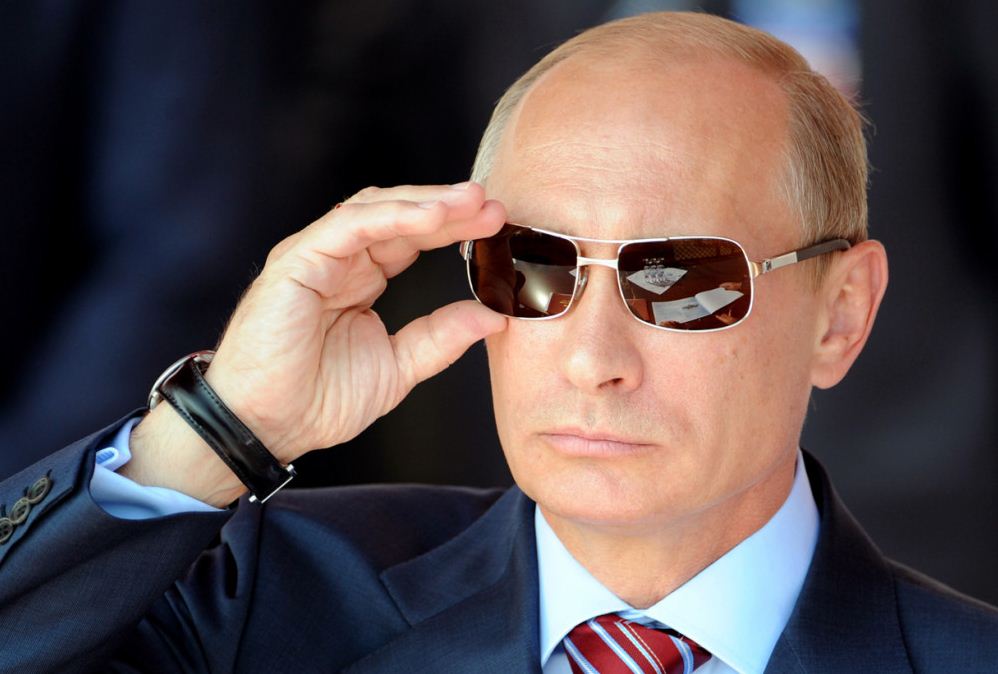

Russian government officials are giving up their iPads for Samsung tablets following concerns over foreign spying.
Telecoms minister Nikolai Nikiforov confirmed the move following questions from journalists at a news conference, who spotted that ministers at a cabinet meeting were no longer using the Apple-built devices. Telling the AFP that the switch “took place not so long ago”, Nikiforov said that the new Samsung devices were “specially protected devices that can be used to work with confidential information.”
“Some of the information at government meetings is confidential in nature and these devices fully meet these demands and have gone through the strictest system of certification,” he said.
Nikiforov denied that the move was part of a Russian clamp down on US technology following Western sanctions imposed over its takeover of Ukraine’s Crimea peninsula, stating that “We are not proposing any sanctions”.
But he did mention reading reports that “American special services… will significantly increase the volume of information they intercept (which) of course causes serious concern to many governmental clients.”
“This obviously orientates Russian clients, primarily state ones, to be very choosy about their partners in IT,” Nikiforov said, adding that South Korean firms such as Samsung, along with Chinese ones, could be potential suppliers to Russia in the future.
In 2010, Russia’s then-president and now Prime Minister Dmitry Medvedev visited Silicon Valley and received an iPhone as a gift from the late Steve Jobs, using it to send his first tweet.
Russia is also apparently considering a switch to a national payment system after sanctions were placed on seven national banks following its annexation of the Crimea. The sanctions, which were enacted put pressure on 20 Russian individuals seen as members of President Vladimir Putin’s inner circle, also saw the bank card operations of several US-sanctioned Russian banks blocked by Visa and Mastercard, although some of these were later cleared.
Last month, the Russian government also announced plans to introduce specialised cyber-defence units as part of the regular army as soon as 2017, aiming to protect critical military infrastructure against possible attacks by state-sponsored hackers or terrorists.
The recent conflict with the Ukraine allegedly saw several denial of service (DoS) attacks on the latter’s National Security and Defence Council, with the Ukrainian state-run news agency Ukrinform also hit by a separate DoS attack.
What do you know about IT in Russia? Take our quiz!
Dozens of Chinese firms added to US export blacklist, in order to hamper Beijing's AI…
Chinese rival BYD overtakes global revenues of Elon Musk's Tesla, as record number of Tesla…
Messaging app Signal in the headlines after a journalist was invited to a top secret…
OpenAI chief operating officer Brad Lightcap to oversee international expansion as company consolidates lead in…
Chinese researchers publish details on device that could wreak havoc on undersea communications cables in…
Former Intel chief Gelsinger expands role at Gloo, becoming executive chairman and head of technology…